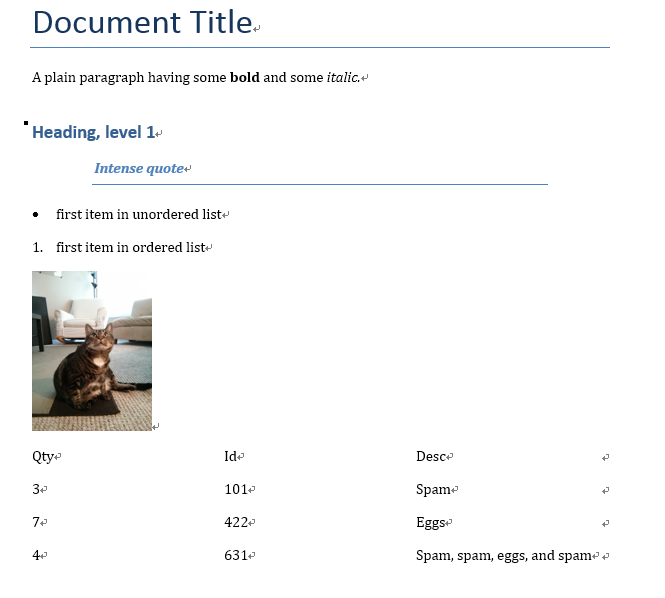https://leetcode.com/problems/median-of-two-sorted-arrays/
There are two sorted arrays nums1 and nums2 of size m and n respectively.
Find the median of the two sorted arrays. The overall run time complexity should be O(log (m+n)).
You may assume nums1 and nums2 cannot be both empty.
Example 1:
1 2 3 4 nums1 = [1, 3] nums2 = [2] The median is 2.0
Example 2:
1 2 3 4 nums1 = [1, 2] nums2 = [3, 4] The median is (2 + 3)/2 = 2.5
1 2 3 4 5 6 class Solution : def findMedianSortedArrays (self, nums1: List[int], nums2: List[int] ) -> float: nums = sorted(nums1 + nums2) idx = len(nums) return nums[idx//2 ] if idx % 2 else (nums[idx//2 - 1 ] + nums[idx//2 ])/2
But the overall run time complexity should be O(log (m+n)), so it’s not the way.
https://leetcode.com/problems/median-of-two-sorted-arrays/solution/
https://leetcode.com/problems/median-of-two-sorted-arrays/discuss/2471/Very-concise-O(log(min(MN) ))-iterative-solution-with-detailed-explanation
1 2 3 4 5 6 7 8 9 10 11 12 13 14 15 16 17 class Solution : def findMedianSortedArrays (self, nums1: List[int], nums2: List[int] ) -> float: N1, N2 = len(nums1), len(nums2) if N1 < N2: nums1, N1, nums2, N2 = nums2, N2, nums1, N1 l, r = 0 , N2*2 while l <= r: j = (l + r) >> 1 i = N1 + N2 - j L1 = -sys.maxsize-1 if i == 0 else nums1[(i-1 )>>1 ] L2 = -sys.maxsize-1 if j == 0 else nums2[(j-1 )>>1 ] R1 = sys.maxsize if i == 2 *N1 else nums1[i>>1 ] R2 = sys.maxsize if j == 2 *N2 else nums2[j>>1 ] if L1 > R2: l = j + 1 elif L2 > R1: r = j - 1 else : return (max(L1, L2) + min(R1, R2))/2.0
https://leetcode.com/problems/longest-consecutive-sequence/
Given an unsorted array of integers, find the length of the longest consecutive elements sequence.
Your algorithm should run in O(n ) complexity.
Example:
1 2 3 Input: [100, 4, 200, 1, 3, 2] Output: 4 Explanation: The longest consecutive elements sequence is [1, 2, 3, 4]. Therefore its length is 4.
https://leetcode.com/problems/longest-consecutive-sequence/solution/
1 2 3 4 5 6 7 8 9 10 11 12 13 14 15 16 17 18 19 20 class Solution : def longestConsecutive (self, nums: List[int] ) -> int: num = set(nums) maxLen = 0 while num: n = num.pop() i = n + 1 l1 = 0 l2 = 0 while i in num: num.remove(i) i += 1 l1 += 1 i = n - 1 while i in num: num.remove(i) i -= 1 l2 += 1 maxLen = max(maxLen, l1 + l2 + 1 ) return maxLen
https://leetcode.com/problems/longest-continuous-increasing-subsequence/
Given an unsorted array of integers, find the length of longest continuous increasing subsequence (subarray).
Example 1:
1 2 3 4 Input: [1,3,5,4,7] Output: 3 Explanation: The longest continuous increasing subsequence is [1,3,5], its length is 3. Even though [1,3,5,7] is also an increasing subsequence, it's not a continuous one where 5 and 7 are separated by 4.
Example 2:
1 2 3 Input: [2,2,2,2,2] Output: 1 Explanation: The longest continuous increasing subsequence is [2], its length is 1.
Note: Length of the array will not exceed 10,000.
https://leetcode.com/problems/longest-continuous-increasing-subsequence/solution/
1 2 3 4 5 6 7 8 9 10 11 12 class Solution : def findLengthOfLCIS (self, nums: List[int] ) -> int: if not nums or len(nums) == 0 : return 0 ans = curr = 1 for i in range(len(nums) - 1 ): if nums[i] < nums[i + 1 ]: curr += 1 ans = max(ans, curr) else : curr = 1 return ans





